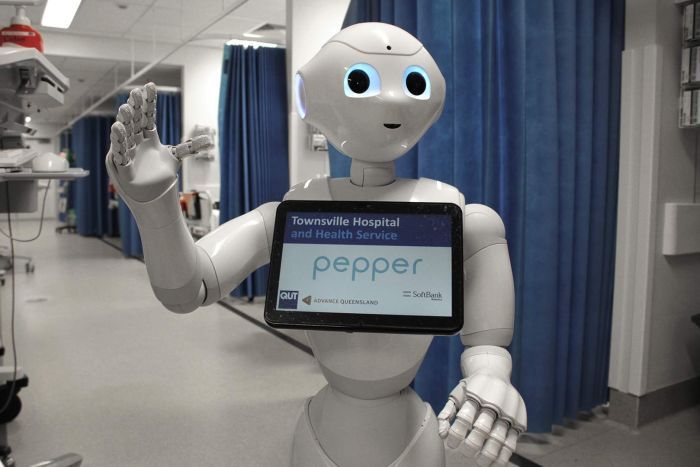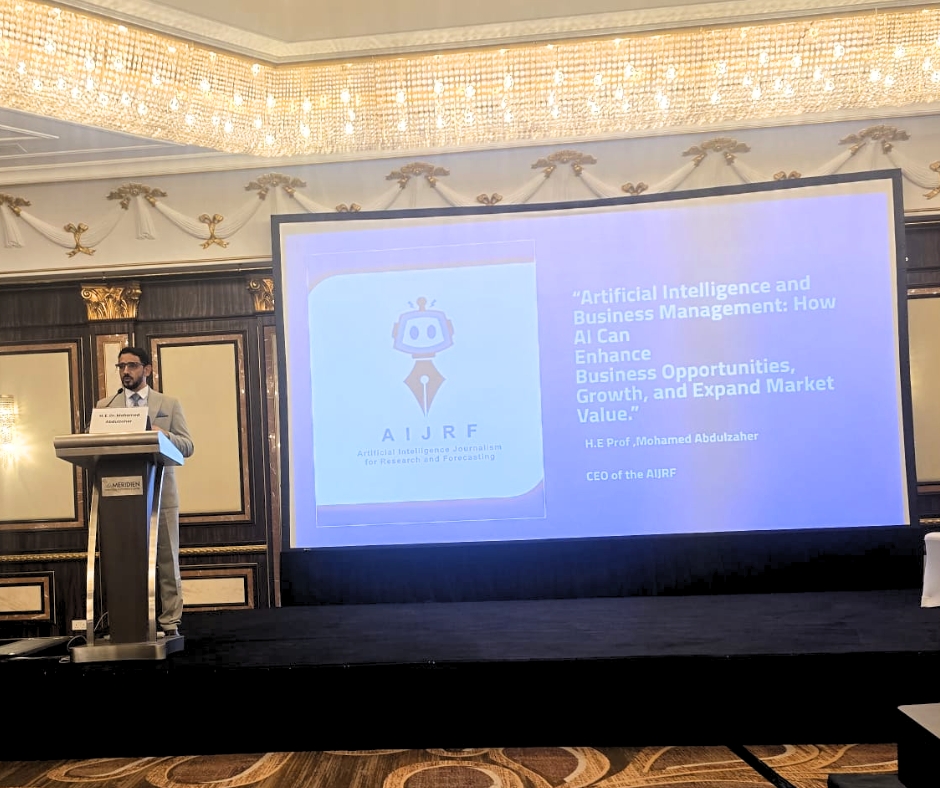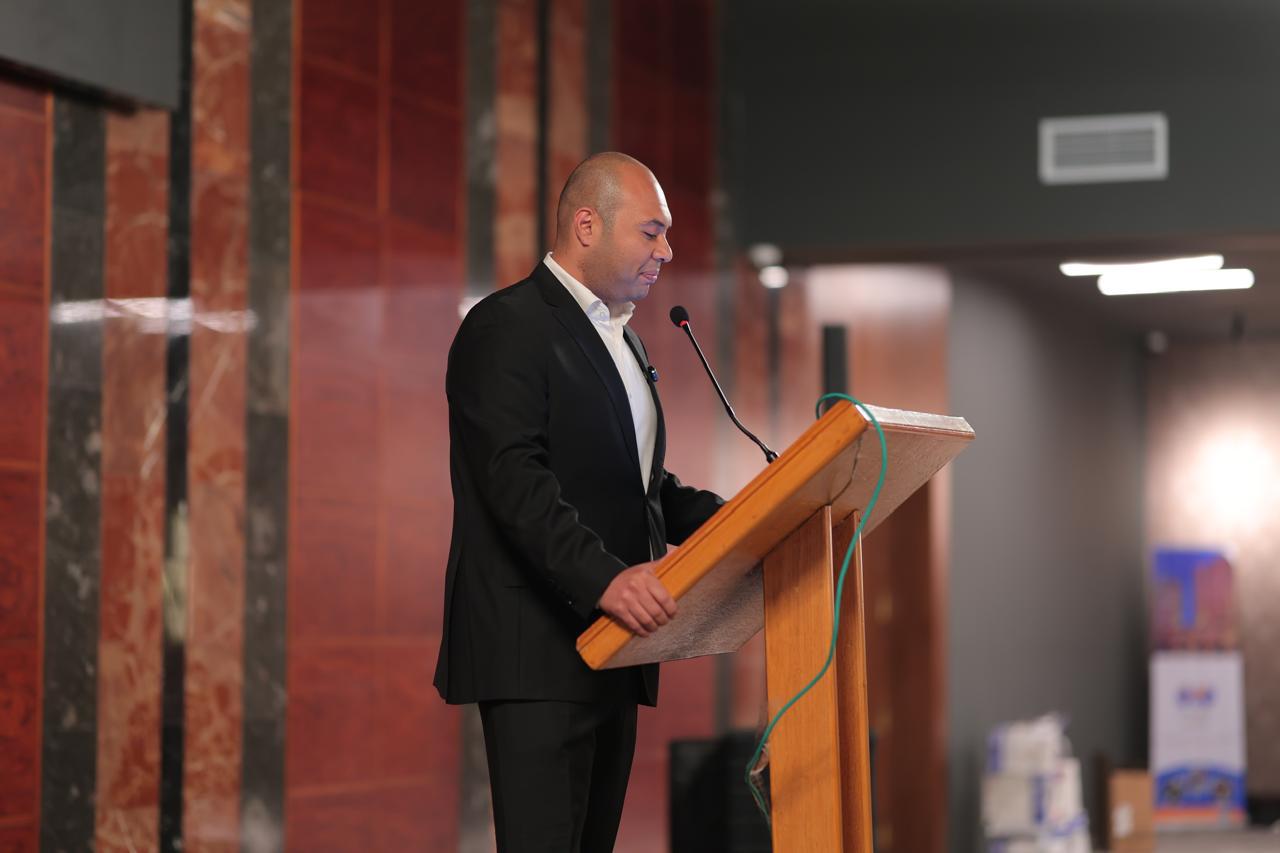By – Mohamed Nabil
You may not have known it but an emotionless artificial intelligence perhaps moved you to cheers, jeers or tears. By 2025, a bot could be writing 90% of all news, according to Narrative Science, whose software Quill turns data into stories, according to World Economic Forum.
News agency’s use AI
Many of the largest and most reputable news outlets in the world are using or dabbling in AI — such as The Washington Post, The Associated Press, BBC, Reuters, Bloomberg, The New York Times, The Wall Street Journal, The Times and Sunday Times (U.K.), Japan’s national public broadcaster, NHK, and Finland’s STT. Last year, China’s Xinhua News Agency created the world’s first AI-powered news anchor, a male, using computer graphics. This year, it debuted the first AI female news anchor.
“Some journalists will be replaced by robots but not many of them. News will get more personalized but not always in a bad way,” Micklethwait said. “We will still sometimes get hoodwinked by fraudsters and by autocrats, but to be honest that has always happened.” However, AI does up the ante for the beat reporter to deliver more insights or break news.
- Read also: 10 ways AI Journalism is changing the world
Indeed, a human journalist who delivers meaningful analyses or interpretations can blow away AI. AI will generate some news stories, but a big part of journalism is still about pluralism, personal opinions, being able to interpret facts from different angles.
“And until the day AI is much better than humans in judgement and interpretation, we will need human interpretation of facts, events and news stories.”Human intelligence guides AI at Bloomberg as well.
- Read also: How could AI Journalism Democratize Info?
“We need journalists to tell Cyborg what to do,” Micklethwait said. “and humans to double-check what comes out. … We can’t afford to be wrong. A lot of this is, in fact, semi-automated.
It tends to be humans and machines working together.” AI enhances the reporter’s work, too. For example, it can take over laborious tasks such as transcription of recordings, using voice recognition technology. And a bot can join multiple news conference calls at once, listening for specific words to see if there’s breaking news.
One big game changer in AI is automatic translation, Micklethwait said. Foreign correspondents typically report in one language and write in another — say, conduct an interview in Mandarin and write the article in English.
But with fast machine translation, “reporters break news in whatever language they prefer and computers mostly translate it,” he said. The reporter vets the final version before submitting the story. While bots do make mistakes — say, it may confuse company ties with neck ties — they don’t repeat the same error, Micklethwait said.











